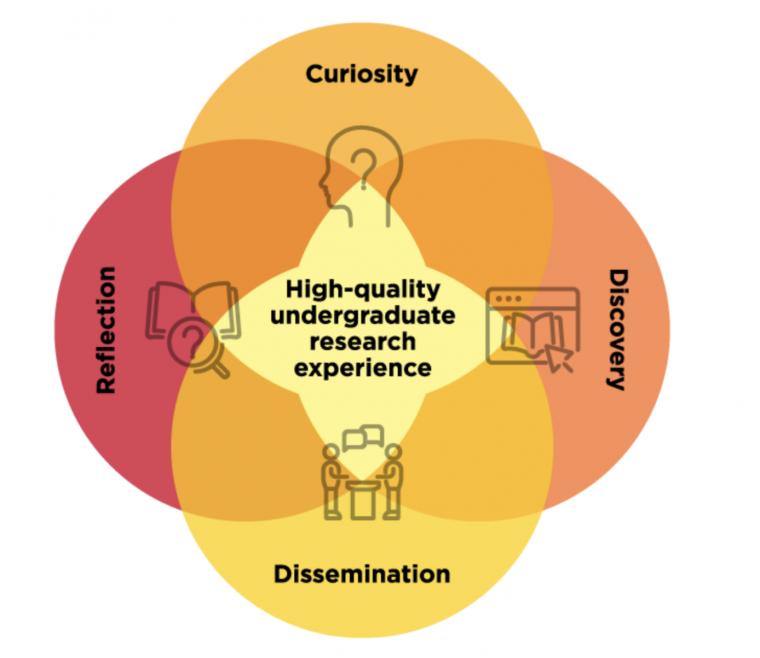Pamplin Society of Fellows Blog
Continuing Research During the Covid-19 Pandemic
Open gallery

When LC students (along with students all across the country) were sent home mid-semester
last spring, none of us knew how long the lockdown would really last. Along with the pressures
of finishing the rest of the semester that still lay ahead, the uncertainty of what would come in
the months after finals was, at times, equally as distressing. Many students had already made
their own plans for how they would spend their time over the summer months, whether that be a job, an internship, a shadowing experience, or some kind of research opportunity to help
progress their academic and professional careers. With much of the world suddenly coming to a standstill, most of these opportunities were put on pause (or canceled entirely), leaving me and my fellow students clueless about how to proceed.
Luckily, I received an email a short time after the semester had ended detailing a research
opportunity with Lewis and Clark Biology professor Norma Velazquez Ulloa, one that would take place entirely online. I quickly jumped on the opportunity, and I’m entirely glad I did. Over the summer months spent largely inside during a period of strict lockdown and social distancing restrictions, the students involved in the research project worked through a series of training modules provided by the Genomics Education Partnership (GEP) where we would learn the basics of gene annotation and familiarize ourselves with the necessary tools to eventually annotate DNA for ourselves. Despite being entirely online, Professor Velazquez was able to
provide a ‘classroom environment’ of sorts, as we would meet biweekly as a group and discuss
the progress we had made towards completing the training modules and discuss any questions
that may have arisen, which was a large part of what made the experience so valuable during
such a challenging time.
Once the summer came to an end and a large portion of Lewis and Clark students had made
their way back to campus for a “hybrid” fall semester, our research group concluded the training portion of our curriculum and began working towards our research goal, which essentially entailed annotating sections of DNA from different species of Drosophila fruit flies. After completing the process of annotating, checking, and comparing our annotations with a fellow group member, our gene report was filed to the GEP where our annotation would be confirmed by another research group working on the same section of DNA. A fully completed and confirmed DNA annotation was then compared against the DNA annotations of other species of fruit fly in order to give us insight into the genetic differences between species and the evolutionary process itself.
Aside from actually working on the annotations, our group also got the opportunity to present
our work by creating detailed posters and presenting them during the virtual Rogers Program
Poster Conference, the Murdock College Science Research Conference, and the PNW GEP
Node Symposium, providing us with the challenging, but gratifying process of summarizing our
work and making it accessible to others. While I was unable to continue the research into the
spring semester, the group has continued on and have slightly changed the goal of the research
to looking into how specific genes and signaling pathways evolve as evolution occurs, and have
since presented at the Drosophila Research Conference as well as our own Festival of Scholars
and Artists.
So while the pandemic has provided us with challenges we never thought we would have to
face, it was extremely gratifying to have had the opportunity to spend some of that time working with other students, contributing towards a nationwide research project, and ultimately engaging in new academic experiences that have not only helped me learn, but have helped retain some sense of normalcy during a time that was anything but normal.
-Blake Tellinghusen ’23
email awalcott@lclark.edu
voice 503-768-7696
Director
Alison Walcott
Pamplin Society of Fellows
Lewis & Clark
615 S. Palatine Hill Road MSC 92
Portland OR 97219